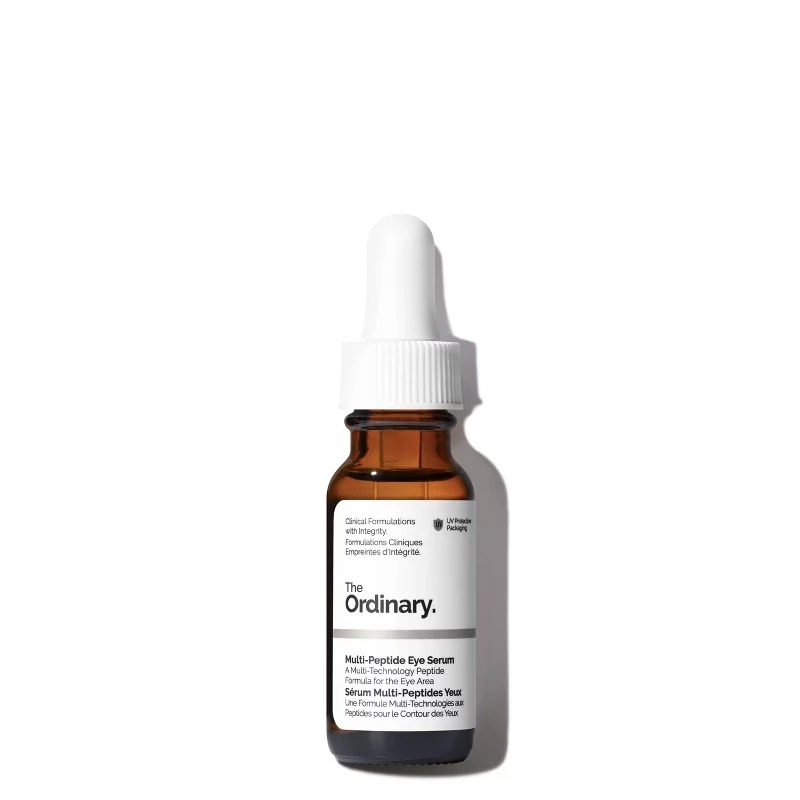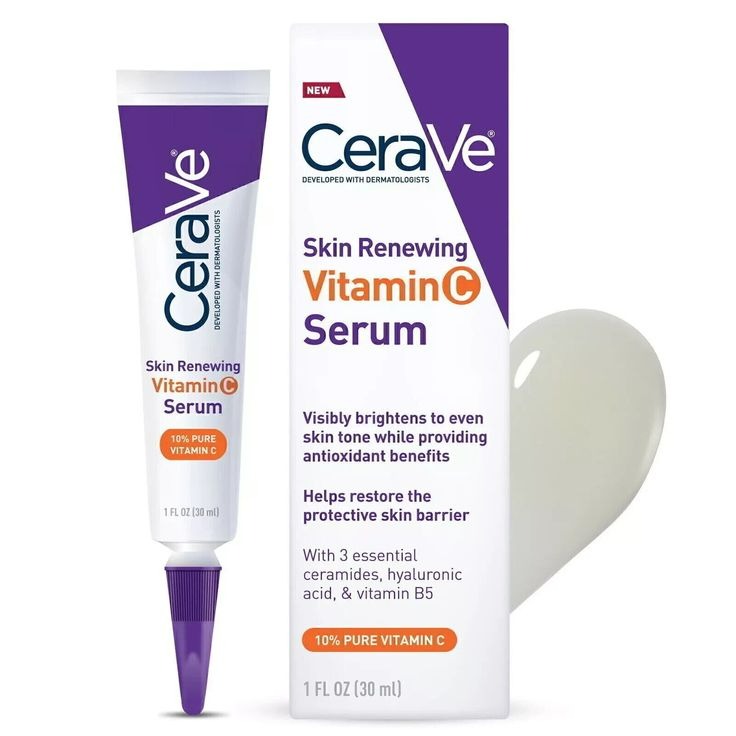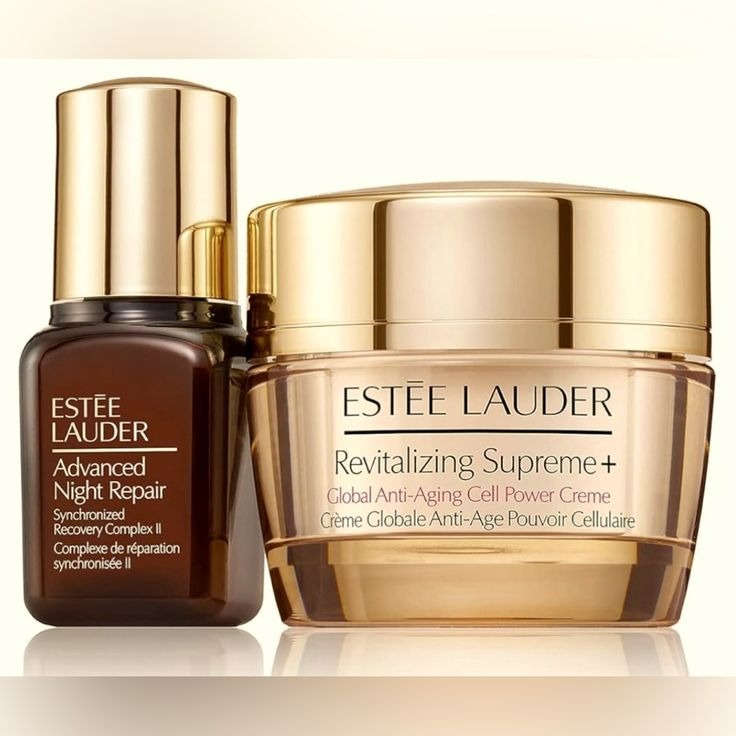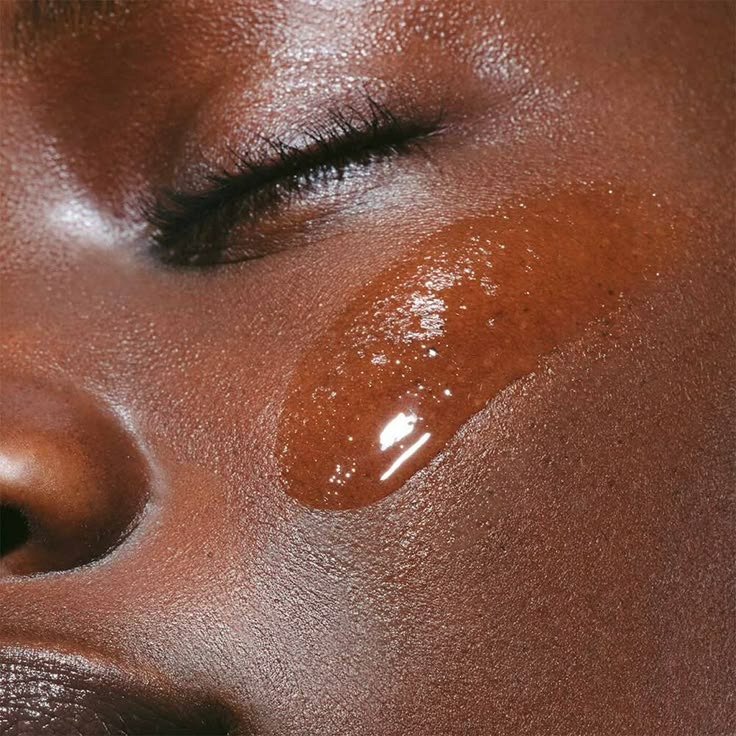The Importance of Personalized Skin Care
Every skin is unique. This truth lies at the heart of personalized skin care. Using the same products as others may not yield the same results for you. This is why personalized skin care is critical. A skin care test can reveal much about your skin’s needs. From moisture levels to sensitivity, these insights are invaluable. They guide you in selecting products that will truly benefit your skin.
Tailored treatments cater to your specific conditions. They can address issues like acne, dryness, or premature aging effectively. Generic routines don’t consider individual differences. Personalized care does. It considers your skin’s traits, lifestyle, and environment. Results from personalized skin care are often more impressive. They lead to healthier skin that looks and feels better. In conclusion, personalized skin care isn’t just a trend—it’s a must for optimal skin health.

Different Types of Skin Care Tests
Understanding your skin is the first step to effective care. Various tests exist to help with this. Here we discuss the types of skin care tests that you can consider.
Genetic Skin Testing
Genetic skin testing goes deep into your DNA. It checks your genes for traits affecting skin health. This test can predict issues like aging, dryness, or elasticity. Knowing this, you can prepare better. You can use products that target potential problems before they appear.
Patch Testing for Allergies
Patch testing is vital for sensitive skin. It identifies allergies you might have to certain ingredients. In this test, small patches with different substances are applied to your skin. Your skin’s reactions are monitored. If there’s redness or irritation, you may be allergic to a substance. This information is key. It helps you avoid harmful products and choose safe ones for your routine.
Skin Type Analysis
A skin type analysis is simpler but very revealing. It involves observing your skin’s oil production and hydration levels. You can determine if your skin is dry, oily, or combination. This test is the cornerstone of building your skin care regimen. It ensures the products you choose match your skin type. As a result, they work more effectively for you.
How to Perform a Basic Skin Care Test at Home
Knowing your skin type is the first step to a tailored skin care regimen. You don’t always need a professional to understand your skin. Basic tests at home can give you plenty of insight. Here’s how you can get started with a simple yet effective skin care test in the comfort of your home.
Identifying Your Skin Type
First, you need to determine whether your skin is dry, oily, or combination. Start with a clean face; use a gentle cleanser and pat dry. Wait for an hour without applying any products. Then, press a tissue against different areas of your face. Oil on the tissue may indicate oily skin, while flaking may suggest dryness. If some areas leave oil and others do not, your skin type is likely combination. This self-assessment is a crucial first step in choosing the right products.
Testing Products for Compatibility
Select a small range of products you believe suit your skin type. Apply a small amount to a discreet area, and wait 24 hours. Check for signs of irritation, redness, or breakouts. If you notice any of these, the product may not be compatible with your skin. It’s important to note how your skin feels as well. Tightness might indicate dryness, while a slick feeling could mean the product is too heavy for your skin. Keep a diary of your observations. It will guide you in making informed decisions about your skin care test results. Use this information to build a regimen that aligns with your skin’s unique needs.

Professional Skin Care Analysis Services
While home skin care tests offer valuable insights, professional analysis can take your personalized regimen to the next level. Trained skin specialists provide a comprehensive assessment that is often more detailed and accurate. They use advanced tools and techniques to understand your skin better.
Benefits of Professional Assessment
A professional skin care test brings with it a host of benefits:
- Accurate Results: Specialists have the right equipment to deliver precise assessments of your skin’s condition.
- Personalized Advice: Experts can offer tailored advice based on your test results, ensuring the efficacy of your skin care routine.
- Problem-Solving: They can detect underlying skin issues you may not be aware of and suggest appropriate treatments.
- Follow-Up Care: Professionals often provide follow-up services to make sure your skin responds well to the new regimen.
What to Expect During a Professional Skin Test
When you decide to opt for a professional skin care analysis, here’s what the process typically involves:
- Discussion of Concerns: You’ll talk about your skin concerns and what you hope to achieve with your skin care.
- In-depth Analysis: Using specialized equipment, the professional will analyze different aspects of your skin.
- Review of Current Products: You may need to bring in your current skin care products for professional evaluation.
- Personalized Recommendations: Based on the analysis, you’ll get recommendations for skin care products and treatments.
- Plan for Follow-up: The specialist may schedule follow-up appointments to monitor your skin’s progress.
A professional skin care assessment is a valuable step for anyone serious about their skin health. Often, it is the key to unlocking your best skin.
Key Factors to Consider When Choosing Skin Care Products
Selecting the right skin care products is pivotal. Your choices impact your skin’s health and how well it ages. Consider ingredients, your skin type, and the product’s formulation.
Ingredients to Look Out and Ingredients to Embrace
Not all ingredients are good for your skin. Watch out for harsh chemicals, such as sulfates and parabens. They can irritate and dry the skin. Instead, embrace natural and nourishing ingredients. Look for antioxidants like vitamin C and E. They protect the skin from damage and aging. Hyaluronic acid is great for hydration. Retinoids can help with cell renewal and treat acne.
Avoid ingredients you are allergic to. It’s crucial based on your skin care test results. Remember to patch test new products for safety.
Product Formulation for Different Skin Types
Right formulations are as important as ingredients. For oily skin, choose lightweight, non-comedogenic products. They won’t clog pores. Dry skin benefits from richer, hydrating formulas. Look for ingredients like shea butter and ceramides. Combination skin needs a balance. Go for products that hydrate without increasing oiliness.
Read labels carefully. Opt for products that suit your skin’s needs. Combining the right ingredients and formulations will elevate your skin care regimen.

Creating Your Personalized Skin Care Regimen
Now that you have your skin test results, it’s time to create your personalized care regimen.
Step-by-Step Guide to Building a Routine
- Start with a Cleanser: Choose a cleanser that suits your skin type. This will remove impurities.
- Pick a Toner: A toner can balance the pH of your skin. Make sure it’s gentle and alcohol-free.
- Apply Serum: Use a serum with active ingredients. Antioxidants for aging skin or salicylic acid for acne-prone skin are good.
- Moisturize: Select a moisturizer based on your skin type analysis. More oil for dry skin, and water-based for oily skin.
- Include Sun Protection: Always apply sunscreen with at least SPF 30. Sun damage can affect all skin types.
- Nighttime Care: Consider a night cream or treatment. Retinoids or peptides can work wonders overnight.
- Weekly Treatments: Add in exfoliation or masks once a week to treat specific concerns.
The order matters. Apply products from thin to thick consistency. Give each product time to absorb.
Adjusting Your Routine Based on Test Results
Your skin care test tells you a lot. You may need to hydrate more or use specific treatments.
- Dry Skin Test Results: Add extra moisturizing steps. Creams over lotions can be better.
- Oily Skin Test Results: Use oil-free products. You might need an extra acne treatment.
- Allergy Test Results: Avoid the ingredients that caused reactions. Keep your routine simple.
- Aging Concerns: Include targeted treatments. Retinoids and antioxidants can help.
Track your skin’s reaction as you go. If something doesn’t feel right, scale back or swap out the product. Your routine may change with seasons or over time. That’s okay. Your skin’s needs can change too. Keep testing and adjusting.
The Role of Diet and Lifestyle in Skin Health
Your skin reflects what you eat and how you live. A balanced diet and a healthy lifestyle play a significant role in maintaining skin health. From the glow on your face to the suppleness of your skin, what you consume and your daily habits can make a big difference. Integrating skin-friendly foods and constructive lifestyle habits is a natural extension of your personalized skin care regimen.
Impact of Nutrition on Skin Condition
Nutrition is key for healthy skin. Foods rich in vitamins, minerals, and antioxidants help protect and repair your skin.
- Hydrate: Drink enough water. It keeps your skin hydrated and flushes out toxins.
- Vitamin-rich Foods: Consume fruits and vegetables. They are full of vitamins A, C, and E which are good for the skin.
- Omega-3 Fatty Acids: Include fish or flaxseed in your diet. They help maintain skin’s health.
- Limit Sugar and processed foods. They can trigger inflammation and lead to skin issues.
Choosing the right nutrition based on your skin care test can enhance your skin’s appearance and health.
Lifestyle Changes to Support Skin Health
Make lifestyle choices that benefit your skin.
- Sleep Well: Aim for 7-8 hours of sleep each night. Your skin repairs itself while you rest.
- Exercise Regularly: Physical activity increases blood flow, nourishing skin cells.
- Stress Management: Practice relaxation techniques. Stress can harm your skin.
- Avoid Smoking: Smoking can lead to wrinkles and a dull complexion.
Your diet and lifestyle, paired with a personalized skin care test, can elevate the effectiveness of your skin care regimen, yielding better overall skin health.
